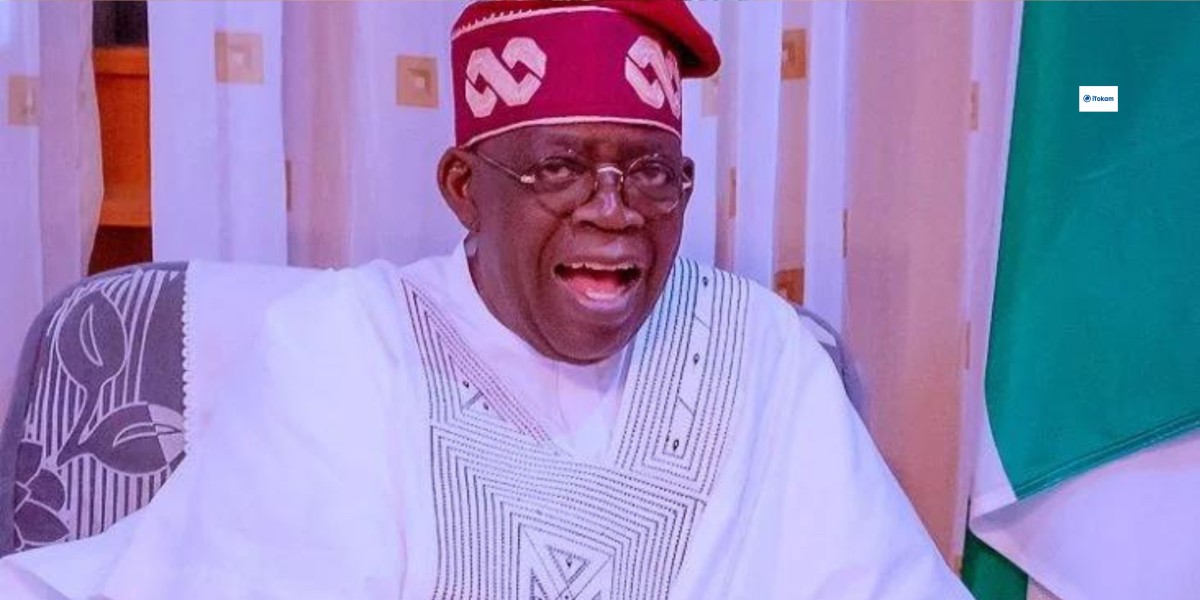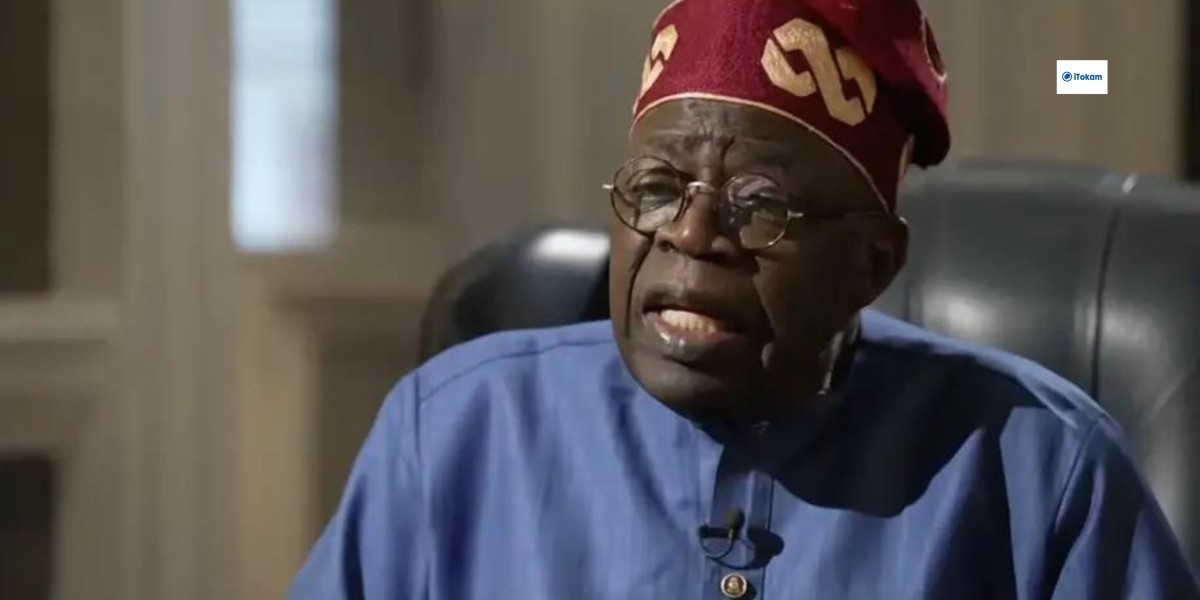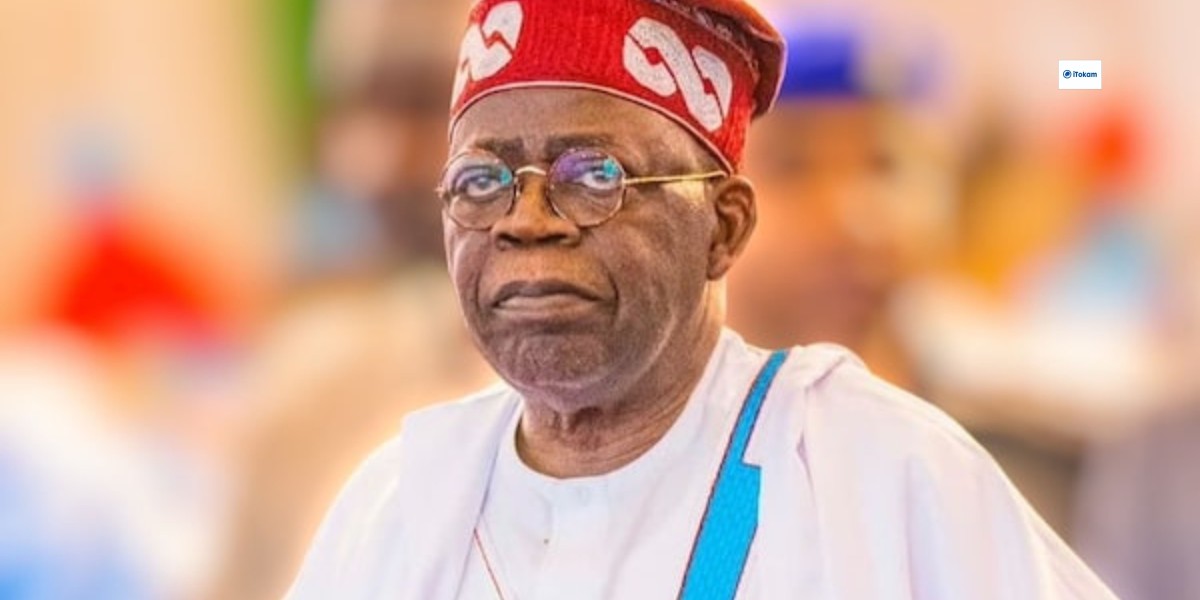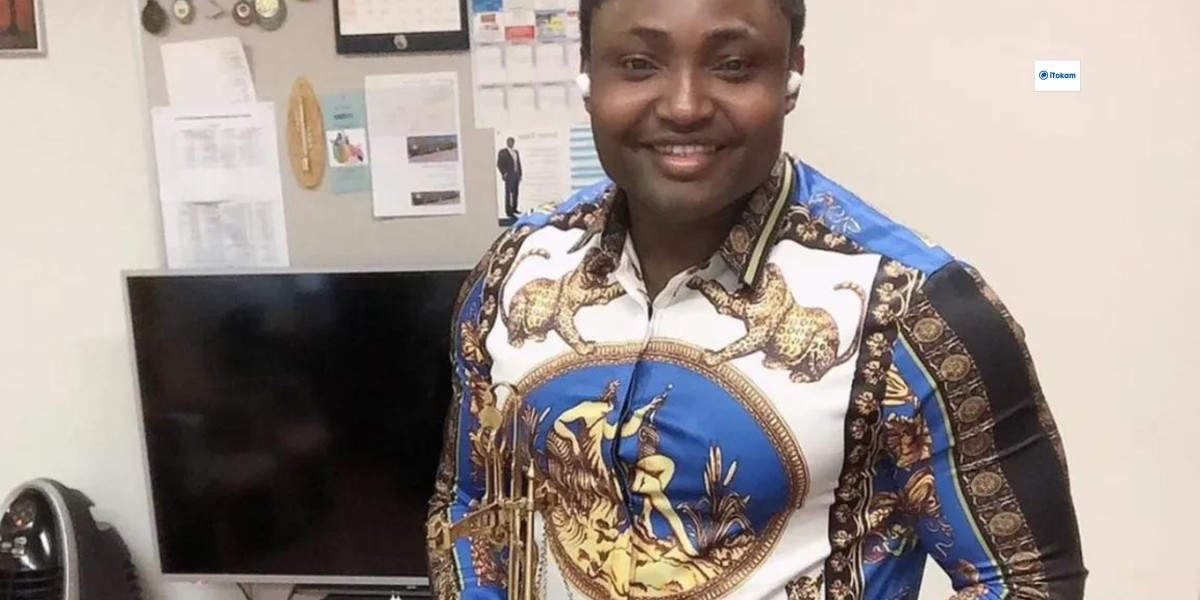Yesterday, after emerging from a closed-door session that lasted about two hours to discuss the letter sent by Tinubu on the decisions taken by the regional body, the Senate condemned the coup d'etat in Niger but asked ECOWAS and its leaders to deploy political and diplomatic options to resolve the political impasse. The session was held to discuss the letter sent by Tinubu on the decision taken by the regional body.
Tinubu had addressed a letter to the Senate on Friday informing it about the coup that had taken place in the neighboring country and suggested that the ECOWAS take military action and other sanctions against the juntas.
As the seven-day deadline set by West African leaders for the military in Niger to reinstate President Mohamed Bazoum drew to a close, the Senate and the JNI made their stances known. At the same time, commentators said that both parties have important decisions to make.
The regional alliance, which is led by Tinubu and met last week on Sunday evening, warned the junta that it had one week to restore constitutional order or face the possibility of the use of force.
Sanctions have already been put on the leaders of the coup, and electrical supplies from Nigeria have been cut off. Additionally, borders have been closed, which means that products are no longer being brought in, and the landlocked country no longer has access to ports.
But in light of the rising political, diplomatic, and military tensions, what are some of the potential outcomes once the deadline has passed?
According to the opinions of the analysts, one possibility is for the leaders of ECOWAS to extend the deadline.
"This has the danger of being seen as a climbdown, but the heads of state could save face by saying that diplomatic efforts have made progress and they want to give them more time," one expert said. "This has the potential to be seen as a climbdown."
The current issue is that the attempts of Ecowas to mediate have not resulted in any positive outcomes. On Thursday, a delegation was dispatched to Niger, and they were back in the country within a few hours, with apparently very nothing to show for their trip.
In the meantime, the junta has ramped up its rhetoric directed not only at the West but also at ECOWAS. It made the announcement that it was severing diplomatic connections with Nigeria, Togo, the United States of America, and France. Additionally, it stated that it was terminating the military accords it had with France, which had allowed the former colonial power to station some 1,500 soldiers in the country.
Yesterday, after the meeting, the President of the Senate, Godswill Akpabio, read the Senate's resolutions and said the following: "The Senate recognizes that President Tinubu via his correspondence has not asked for the approval of the parliament of this Senate to go to war as has been mistakenly suggested in some quarters."
"Instead, Mr. President has communicated a desire to respectfully ask the cooperation of the National Assembly in the successful execution of the resolutions of the ECOWAS as indicated in the aforementioned communication.
The Senate has issued the following statement: "The Senate calls on President Tinubu to further encourage other leaders of ECOWAS to strengthen political and diplomatic options and other means to resolve the political impasse in Niger."In light of the historically amicable relationship that has existed between Nigerians and Nigerien citizens, it has been delegated to the leadership of the Senate to continue discussions with the president on how this matter can be resolved in the most effective manner.
Also Read: Coup: World Bank Suspends Financial Disbursements To Niger
"Finally, the Senate calls on the ECOWAS parliament to rise to the occasion by equally condemning this coup and also positing solutions to resolving this impasse as soon as possible," the senators said in their statement. "The Senate calls on the ECOWAS parliament to rise to the occasion."
In a statement made by its Secretary General, Professor Khalid Aliyu, the largest Muslim organization in Nigeria said that the JNI, representing the collective voice of the Muslim Ummah, voiced its serious concern on the seizure of power in Niger.
The organization acknowledged that maintaining democratic ideals and the rule of law is important to the promotion of stability, growth, and consistent progress within states.
"The JNI, as a result, commends the efforts that have been performed so far by the government of Nigeria, particularly the commencement of a dialogue process, which is aimed at resolving the conflict in Niger Republic. Despite the fact that this initiative did not provide the expected outcomes, it highlights Nigeria's dedication to finding peaceful remedies to problems.
According to the statement, "We acknowledge that dialogue is an invaluable tool in preventing further bloodshed and instability within the Sahel region, which is already beclouded with a great deal of political and security uncertainty."
The JNI, on the other hand, issued a word of warning against the pursuit of military action as a method of restoring democracy.
Because of the complex topography of the northern states of Nigeria and the Republic of Niger, a more circumspect and careful action and/or strategy is required. The fact that numerous states in Nigeria share borders with Niger makes it possible for a military intervention to have unforeseen repercussions that could threaten the peace and stability of both countries.
The Joint Negotiating Initiative (JNI) consequently urges all parties involved to prioritize increased diplomatic and political conciliation as well as joint efforts to resolve the issue. Dialogue, cooperation, and negotiation are, in our firm opinion, the most effective means of establishing a sustainable peace and stability in the region. Equally important is the continuation of peaceful diplomatic dialogue aimed at finding a solution on the part of the international community, particularly the ECOWAS.
You may recall that on July 27, 2023, soldiers in Niger removed President Bazoum from office. This occurred after armed troops had earlier blockaded the presidential palace in Niamey, which is the capital of the country.
Colonel Amadou Abdramane, who was seated and flanked by nine other officers wearing fatigues, read from a statement in which he stated that the defense and security forces had decided to "put an end to the regime that you know due to the deteriorating security situation and bad governance."
The military sealed off the borders of the country, suspended all governmental institutions, declared a nationwide curfew, and issued a warning against any potential involvement from outside the country.
However, their warnings were disregarded, most notably by the leaders of ECOWAS who had gathered in Abuja, Nigeria, to discuss the political climate in the country.
Following the conference, the regional leaders, on the previous Sunday, delivered an ultimatum to the military juntas, demanding that they release Bazoum and restore his position.
Omar Alieu Touray, the president of the ECOWAS Commission, made the following statement: "In the event that the authorities' demands are not met within one week, we will take any and all measures necessary to restore constitutional order in the Republic of Niger."





